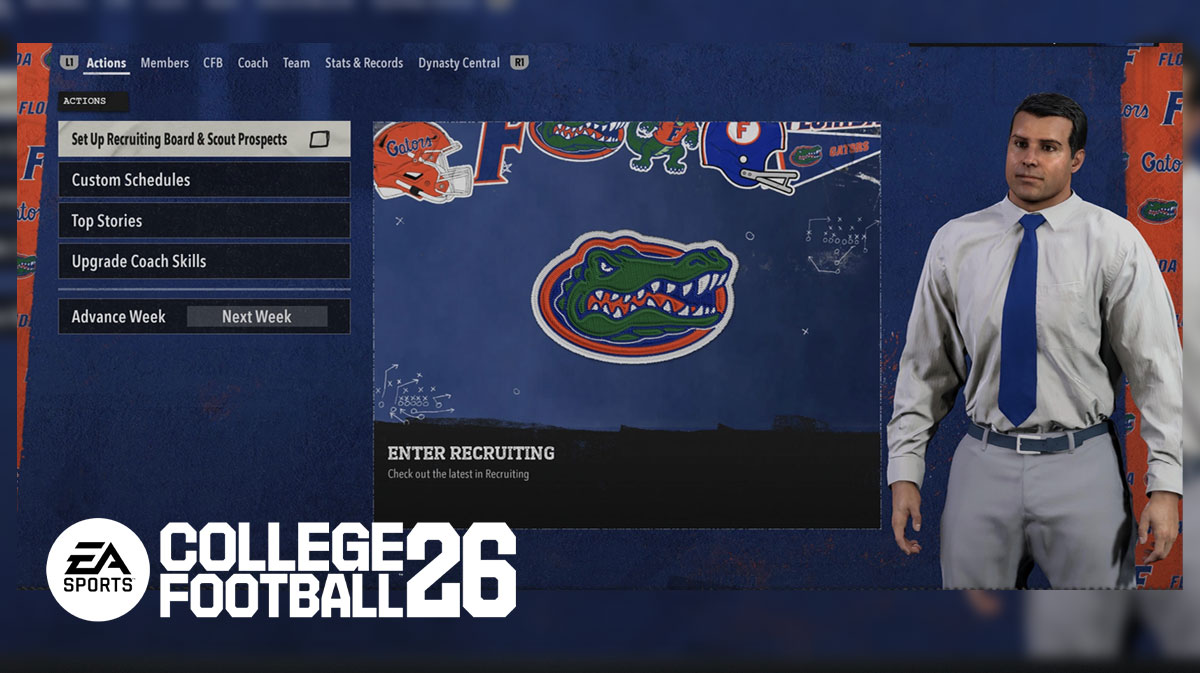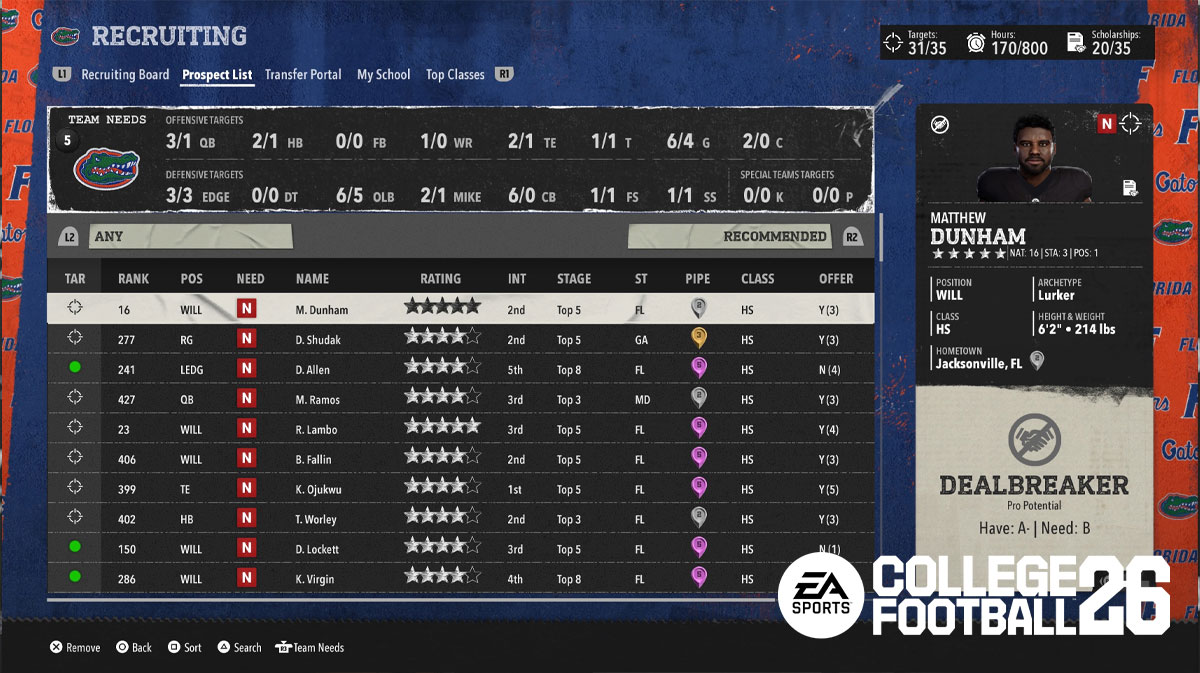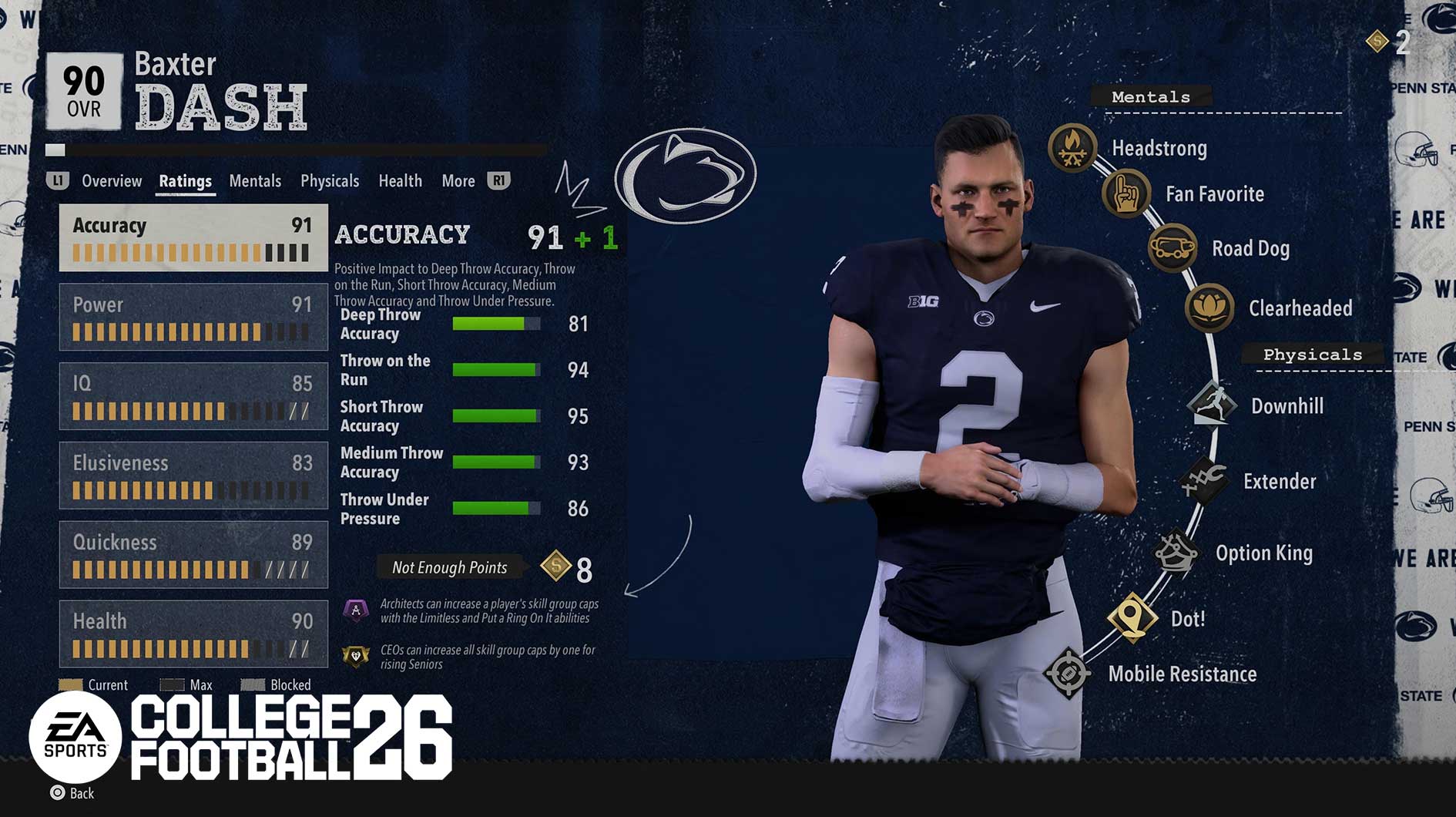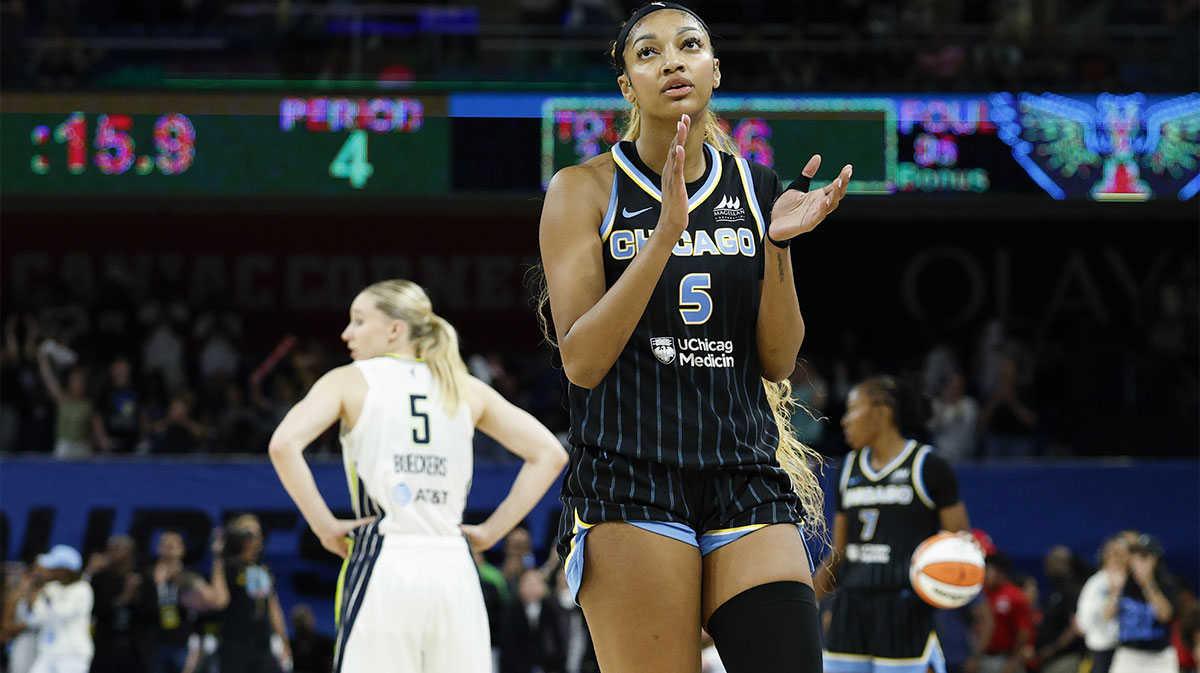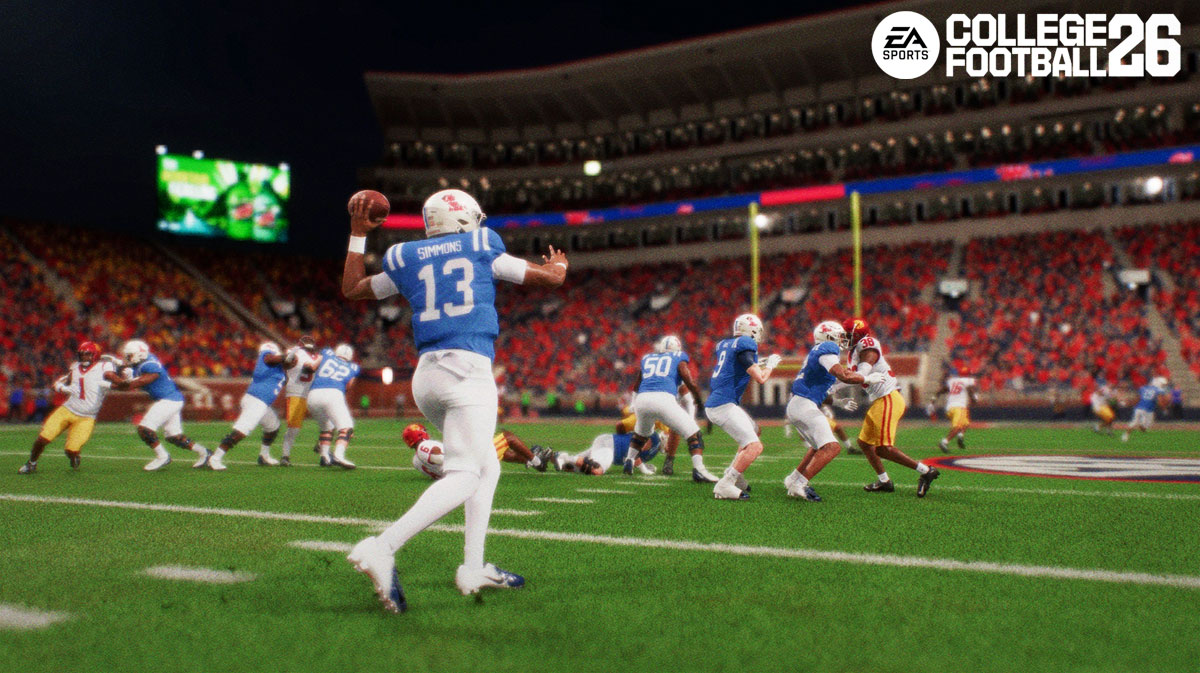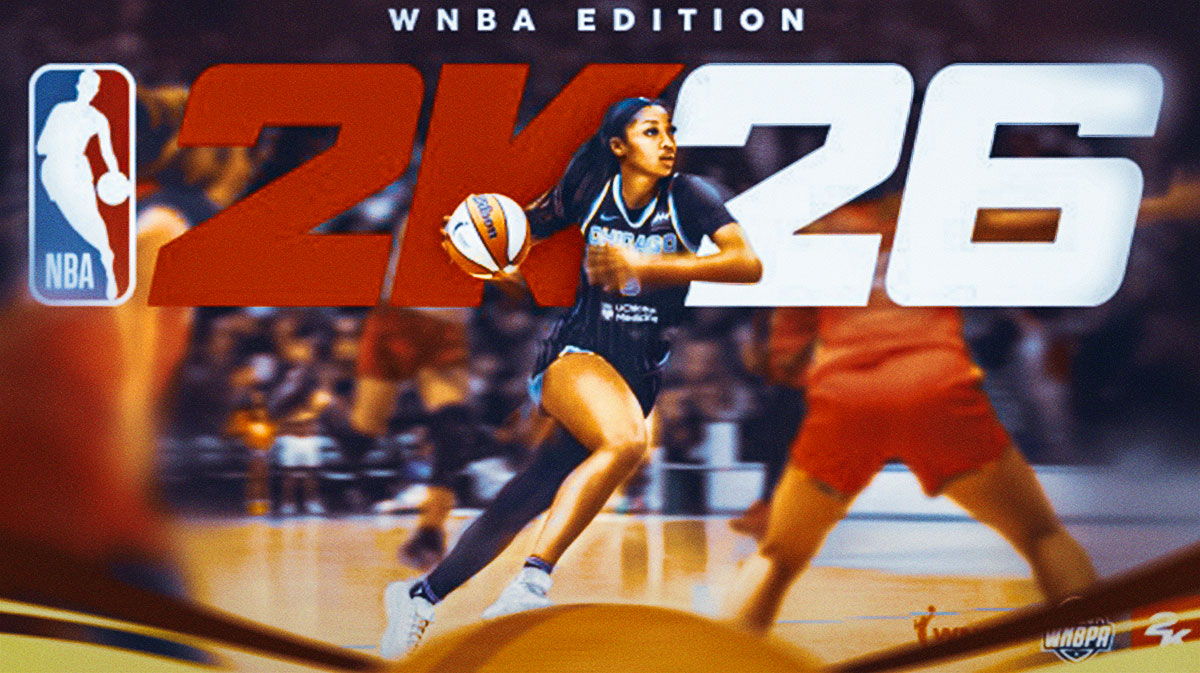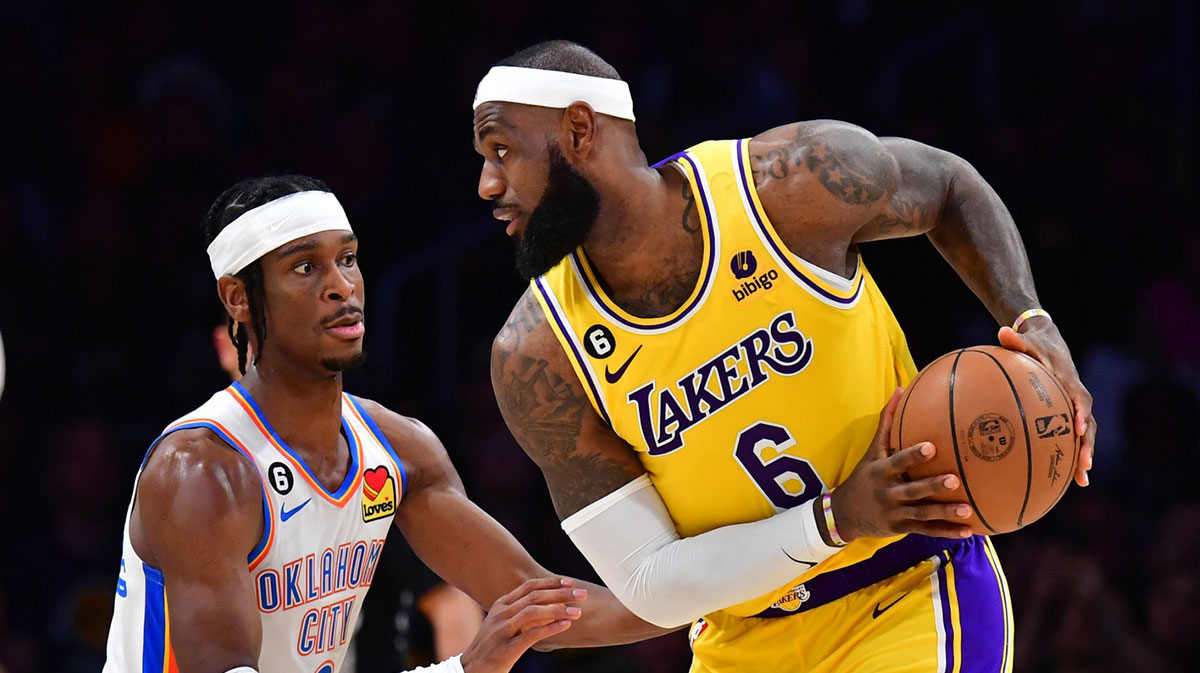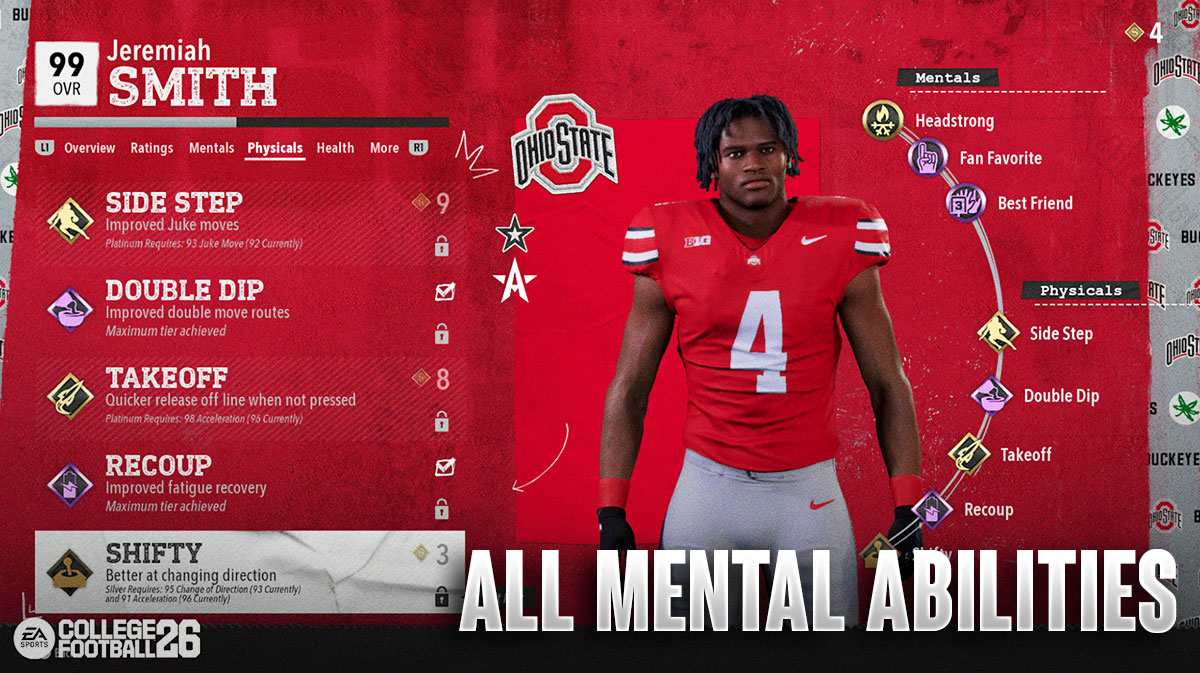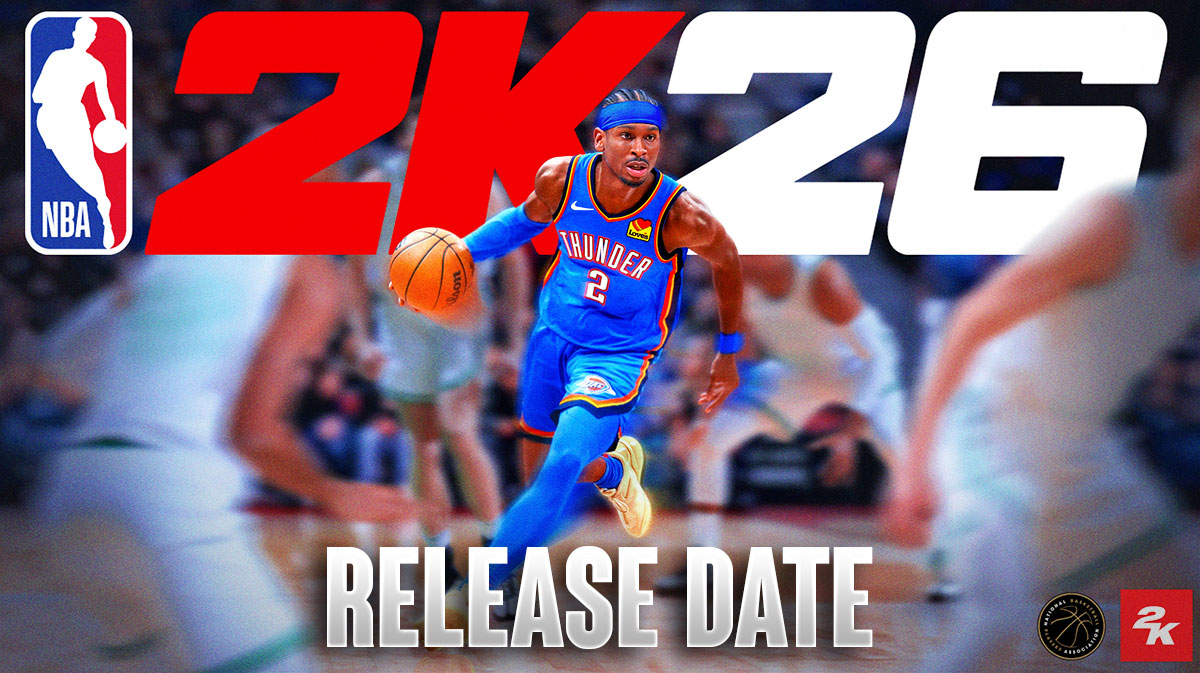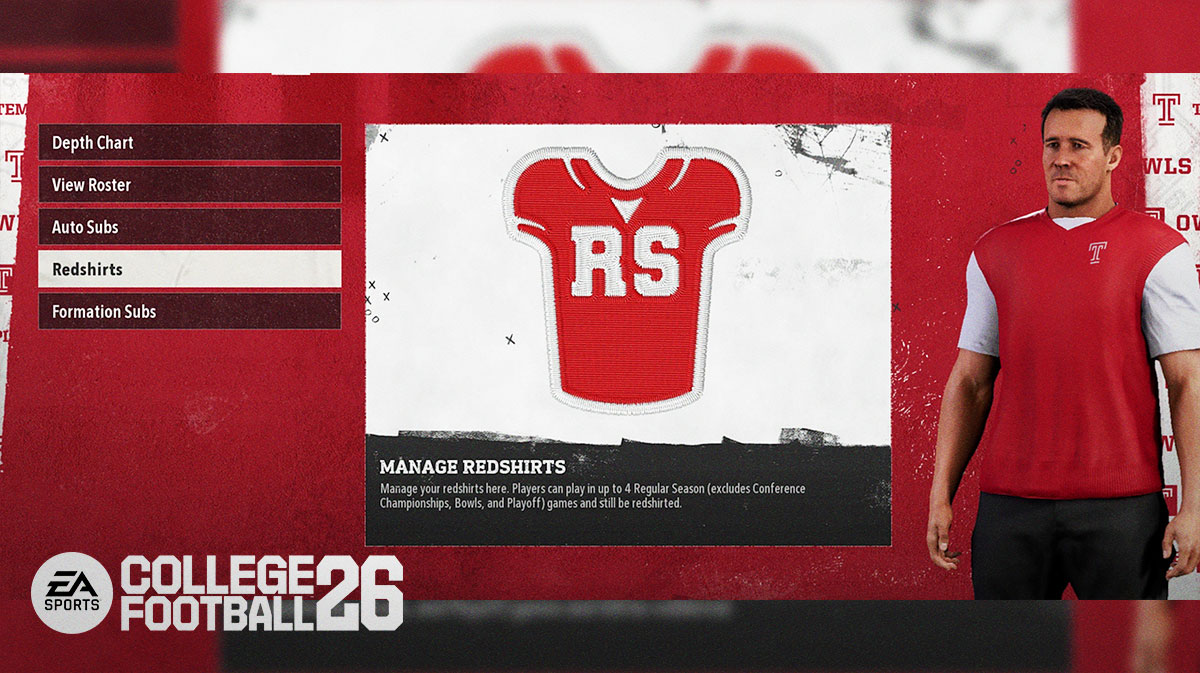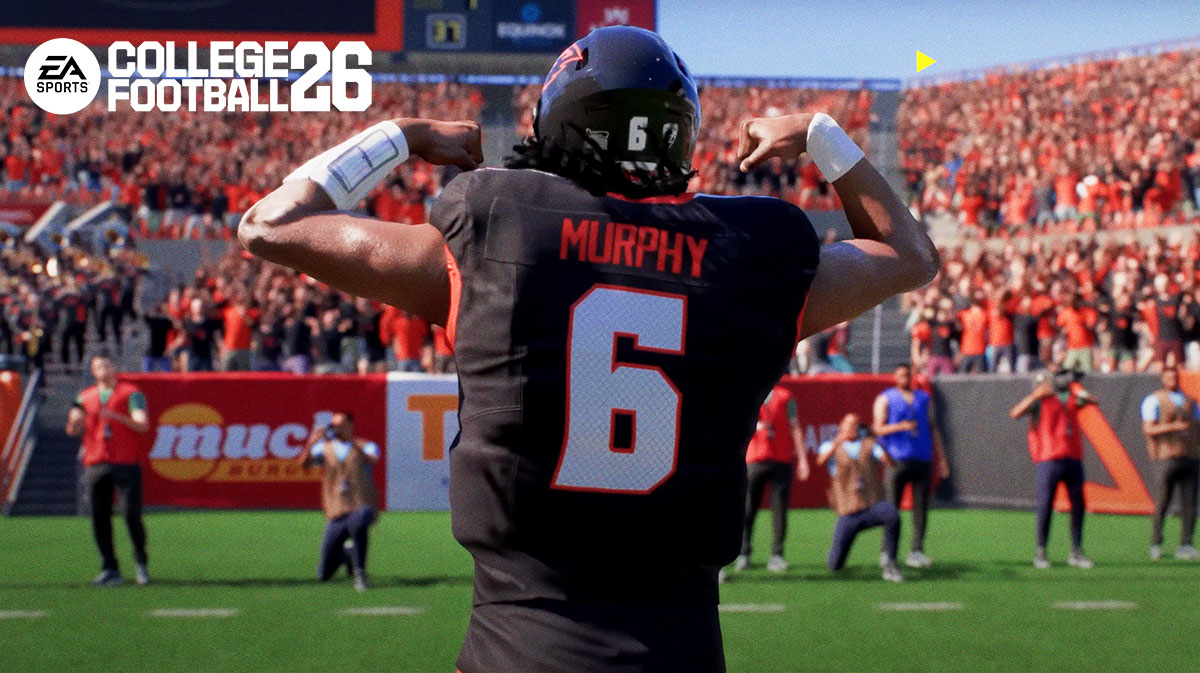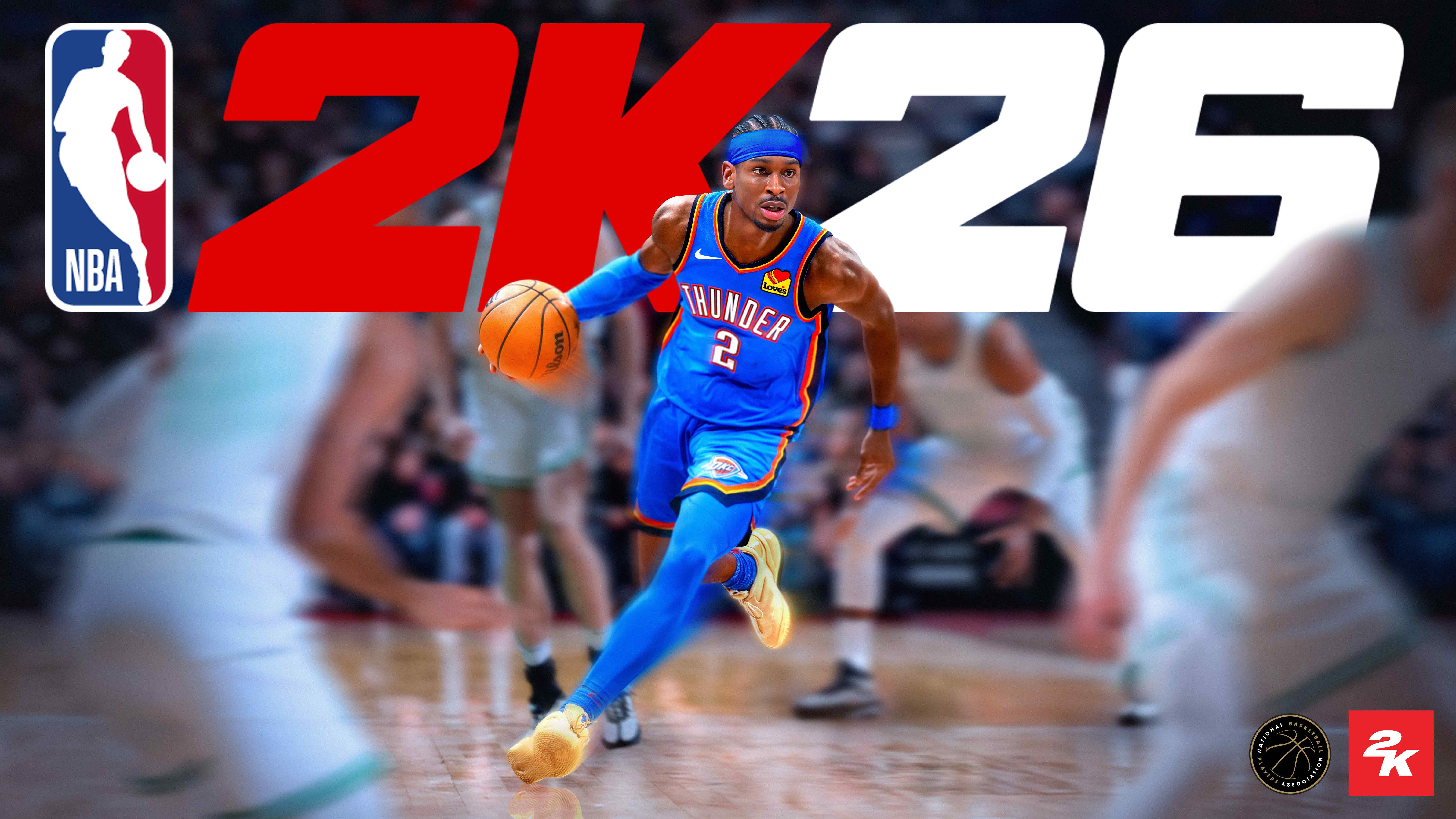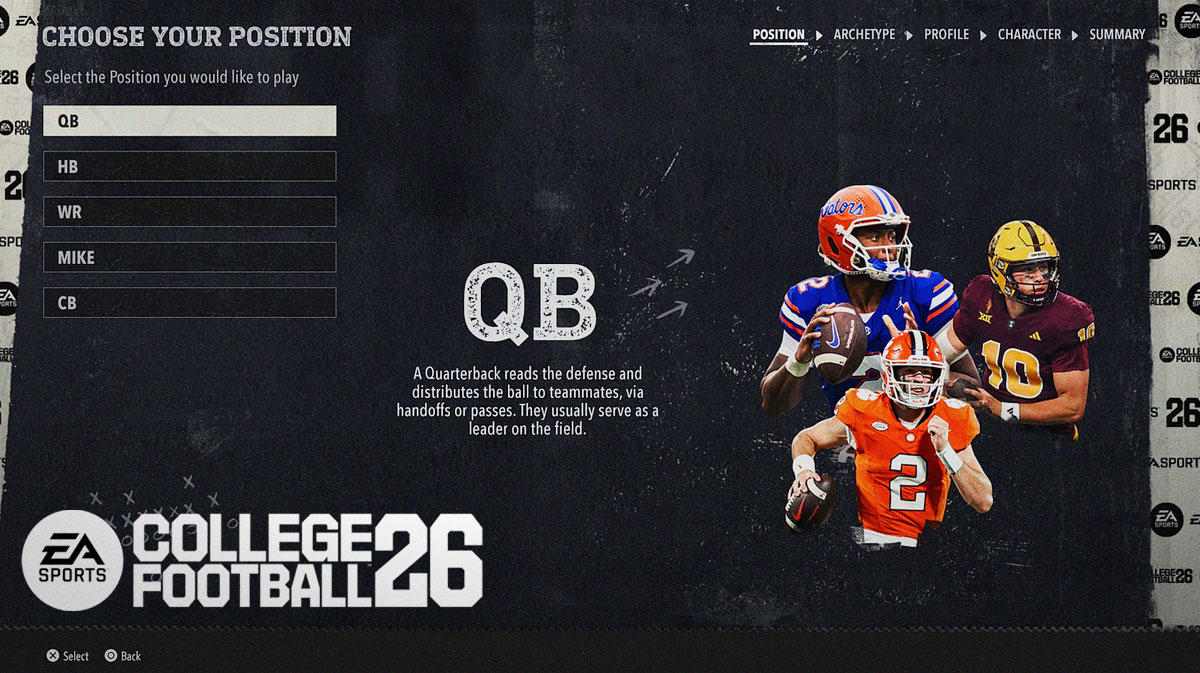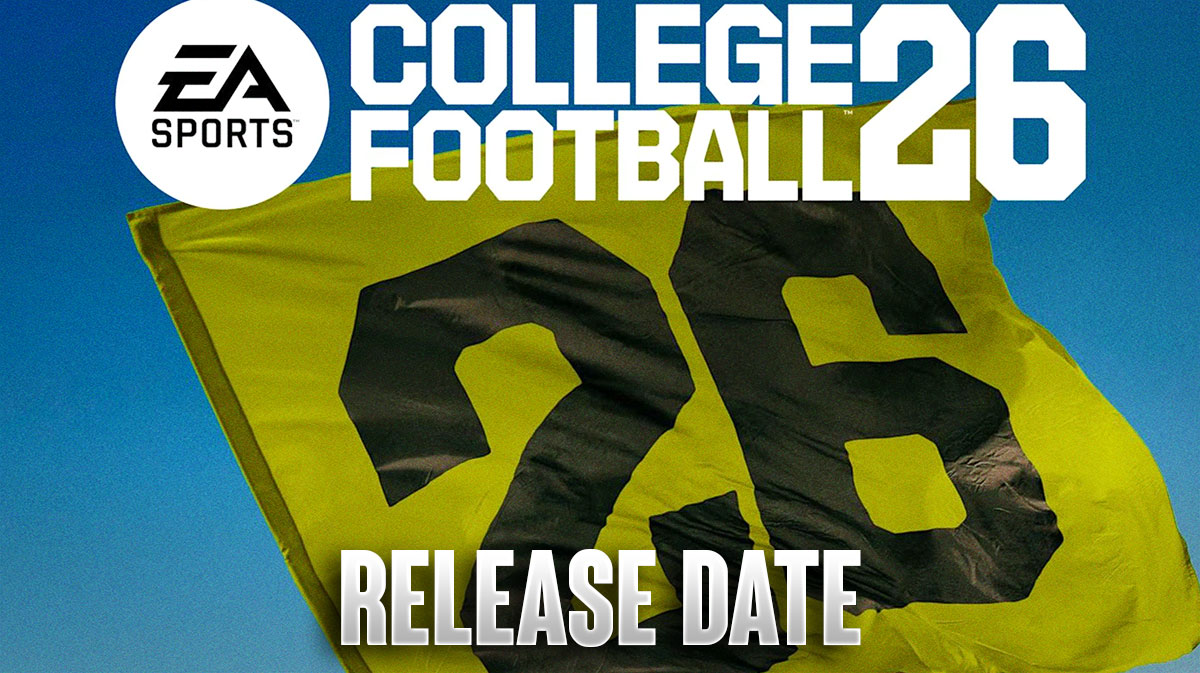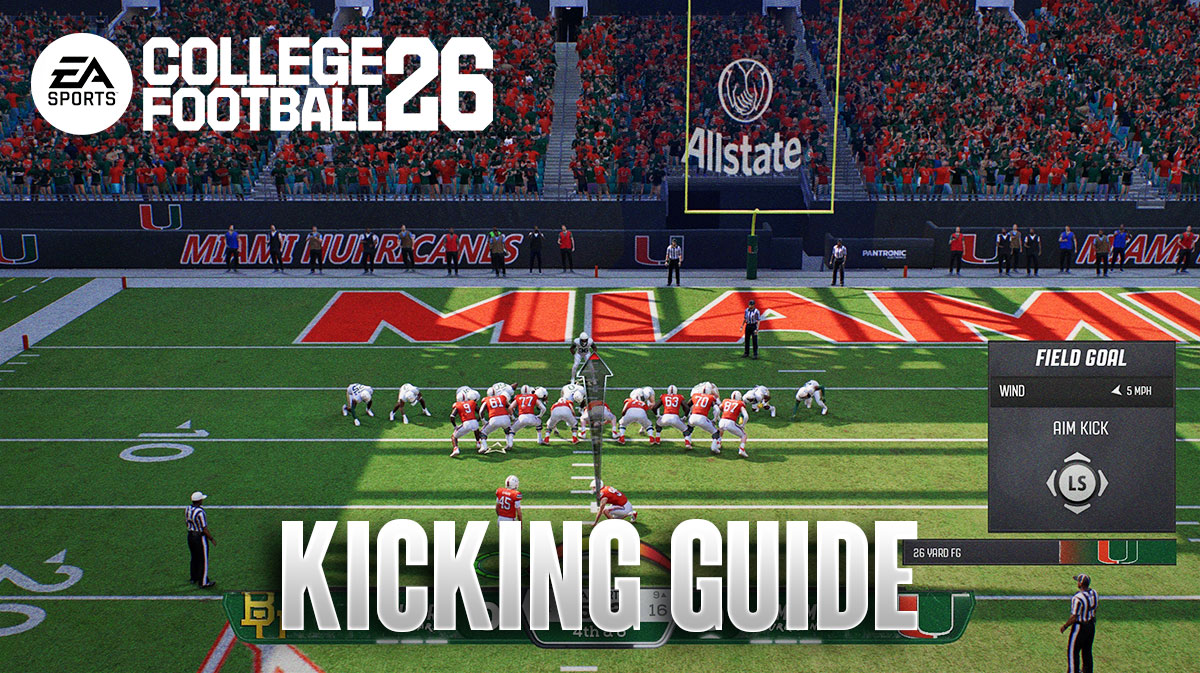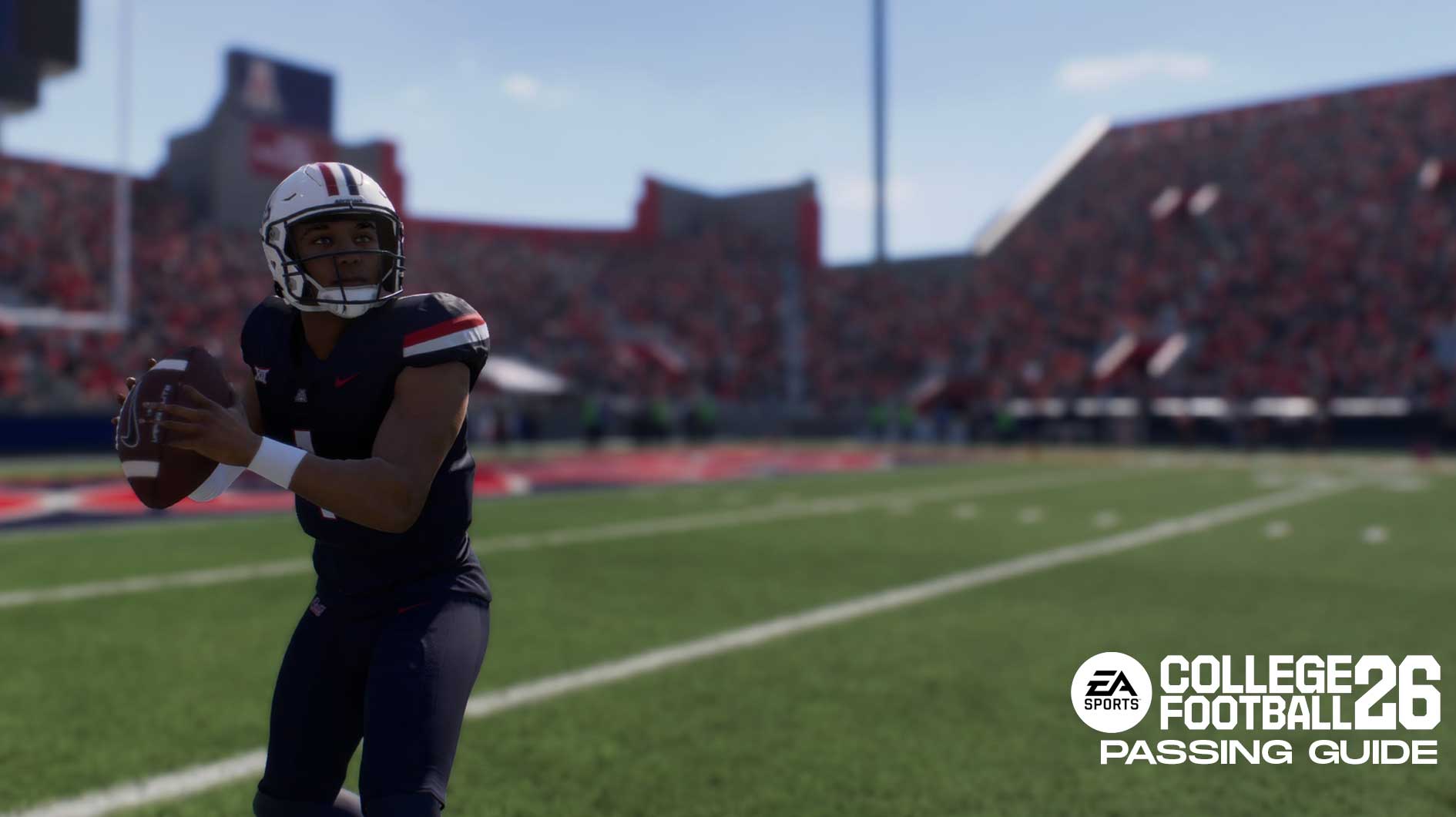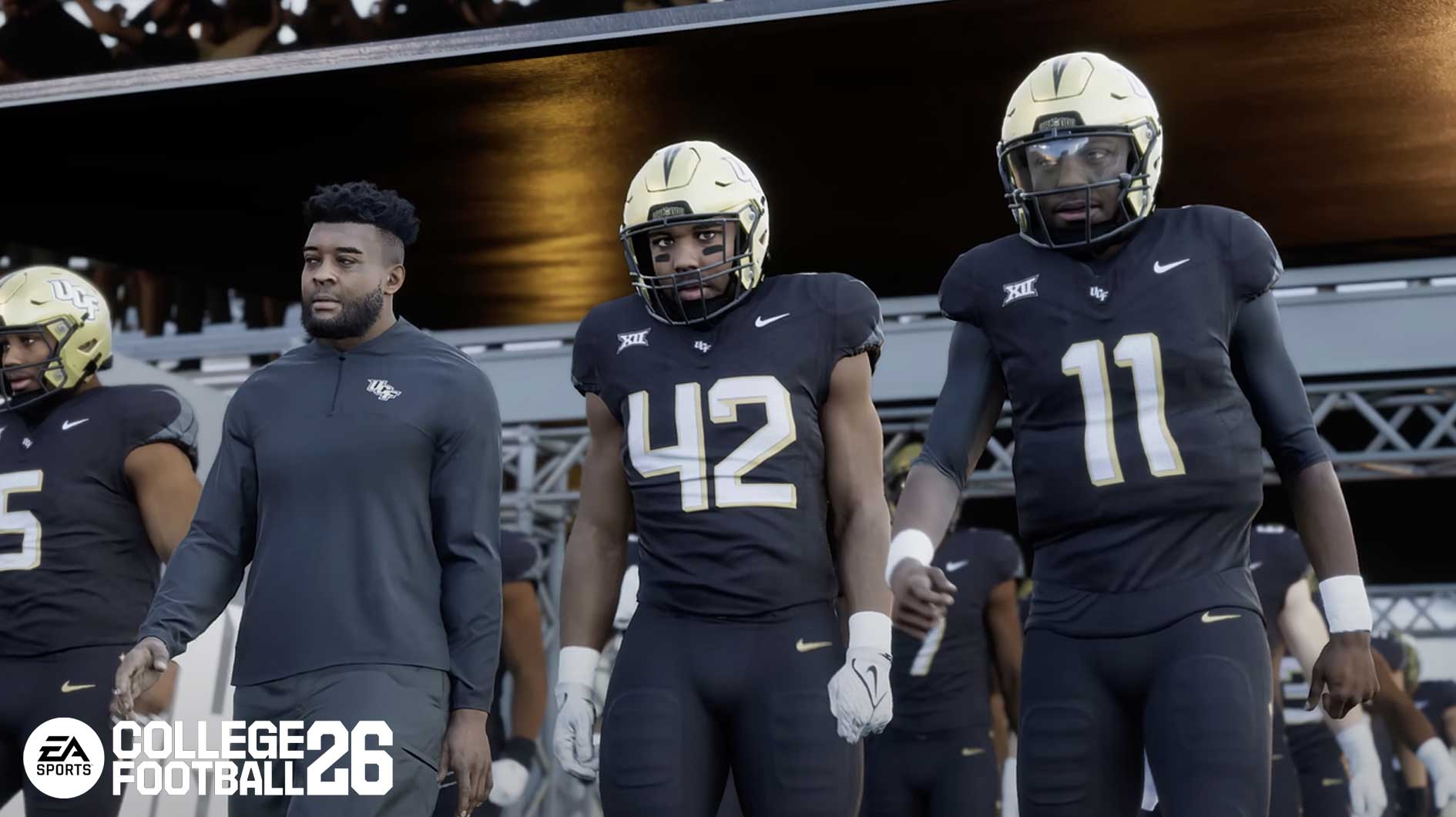Over the past few weeks, content creators on Twitch have been showing their displeasure on the platform. Twitch introduced a new tool a few weeks back that made DMCA striking easier. On top of that, they sent an email to advise their users to unpublish old content to avoid DMCA claims. Obviously, this didn't sit well for many creators and have taken to Twitter to show their unhappiness. If creators aren't happy with how Twitch has been doing, then what should Twitch do instead?
In this piece, we explore the recent actions of Twitch, analyze their email to creators, and consult with an entertainment lawyer on the issue. We consult with Atty. Anita K. Sharma, Esq., entertainment attorney and Founder/Managing Partner of Sharma Law. She provides service to over 45+ prominent content creators and is renowned for being one of the first entertainment lawyers to help gaming influencers navigate this developing industry, protect their content, and broker lucrative, unprecedented deals. Sharma works to advocate on behalf of gaming influencers and has set many precedents for future content creator deals in this space.
Twitch talks with the music industry to address DMCA claims
Twitch claims that they're now talking with music labels to discuss possible ways to avoid DMCA strikes. They claim that it will be the first time they will be interacting with bodies in the music industry. This is a good move, something that Facebook has already done in the past. We can be optimistic that Twitch can strike a similar deal as well. “If FB can make a deal with the labels, I don't see why Twitch can't,” says Sharma.
In fact, Twitch should learn to leverage the popularity of its content creators. Variety Twitch Streamer Ellohime tweeted as much: “[Why are we] worrying about the future of our channels on Twitch when TikTokkers are being applauded for driving downloads and sales using the same damn music freely?” Instead, it seems like music labels are taking the cake and eat it, too. Their music gets free publicity from popular Twitch streamers, and yet take down their VODs when their music feature in them.
“After all, even if an artist’s music is in the background that is a good promo for the artist,” says Sharma. She adds that it's odd that Twitch is only acting to speak with music labels now when they have had the opportunity to do it much sooner. “It’s disappointing that a platform like Twitch that has seen 60% growth year-to-year over the past 2 years, yet can’t figure out a proactive solution,” says Sharma.
Music Solutions such as Soundtrack isn't the solution
One of the solutions that Twitch did to try to alleviate the problem is by making Soundtrack – a music tool that content creators and streamers can use for free on their works. Soundtrack has millions of tracks available made by indie artists, but the selection is still very limiting because it doesn't include mainstream and more popular music. Having to limit themselves to what Twitch says they can use limits the creativity of streamers, says Sharma.
However, even when streamers act within the bounds of Twitch's suggested parameters, things still don't always work well. Sharma shares that while Soundtrack provides millions of songs from indie labels, but it’s not clear which artists’ music can be used. It's also very easy to make mistakes, even when streamers want to follow the rules. Such was the case with Kevin Martin, who tweeted that his Twitch account was threatened for termination because of a copyright violation, even while using music that has been marked by Twitch as safe. Upon contacting Twitch, he learned that he was unable to follow the rules to the letter, although he did not elaborate on how. While in the end, Martin did break some rules, this situation just highlights how disempowered content creators are on Twitch.
There are also tools that Twitch has provided content creators to allow them to review their own works. However, these are defensive reactions, and not offensive ones, Sharma notes. “They should find a way to allow streamers to use copyrighted music without fear of punishment so they don’t have to delete/review anything in the first place.”
Streamer education shows who Twitch thinks should do the work
Meanwhile, Twitch also championed on their email their efforts on streamer education. “For our part, we are continuing to help creators minimize the amount of material that may infringe others’ copyrights, says Twitch. “That includes educating creators and providing resources to understand the rules and risks concerning the use of music on Twitch as well as building new product features, investing in proactive detection and muting, and working with rights holders on longer-term solutions.”
However, Sharma thinks that this doesn't help the situation of content creators at all. “The education doesn’t result in streamers being allowed to use copyrighted music so I don't think it’s that helpful at the end of the day,” says Sharma. “Even with the education, it is still difficult for streamers to understand music copyright and navigate the process. Copyright is complicated, especially as it relates to music, and I don't think it's easy for streamers to grasp a lot of these concepts. There are numerous requirements under the DCMA and if it’s submitted incorrectly, a counter-notification may not be acted on.”
She also shared that obtaining a license from a copyright owner is an arduous, lengthy, and precise process. For many content creators, it's simply not worth the hassle to go through the process, especially for single tracks that they'd want to use for very specific purposes.
Finally, the way Twitch has been handling the situation shows where their priorities lie. Content creators realize this, and this adds to their frustration. “Twitch makes a ton of money off their content but puts all the responsibility on the streamer to police it,” comments Sharma.
But is the frustration enough to make Twitch streamers abandon the platform and move on to another one? Sharma doesn't think so, but only for the time being. “Twitch has a huge market share so it’s tough to convince clients that other platforms may be better,” admits Sharma. “But having said that, FB just knocked out a major competitor in Microsoft, so maybe those platforms will catch up to Twitch at some point.”
So, what should Twitch be doing?
Twitch will benefit a lot if the content creators and streamers on its platform can show off their creativity without having to worry about reprisal. Getting to work without getting stressed out by legal matters such as DMCA will make everyone happy, and can even earn Twitch money. “I know Twitch is working hard to promote emerging artists – maybe they have plans to launch their own label or they want labels to pay them to allow their music to be used?” speculates Sharma.
But at the end of the day, what's important is for both artists and streamers to benefit from Twitch's actions. We've established that artists can get free publicity from famous streamers when their music is used on-stream, and there are many legal ways for streamers to own copies of artists' music. Streaming music on Spotify still brings money to the table for the artists, but it leads to a DMCA strike if done on stream. “The best thing Twitch can do is strike a deal with the music labels to allow their streamers to use copyrighted music without fear of punishment,” advices Sharma.
With Twitch talking with players in the music industry now, we do hope that streamers can become freer with their music on their streams in the future.

